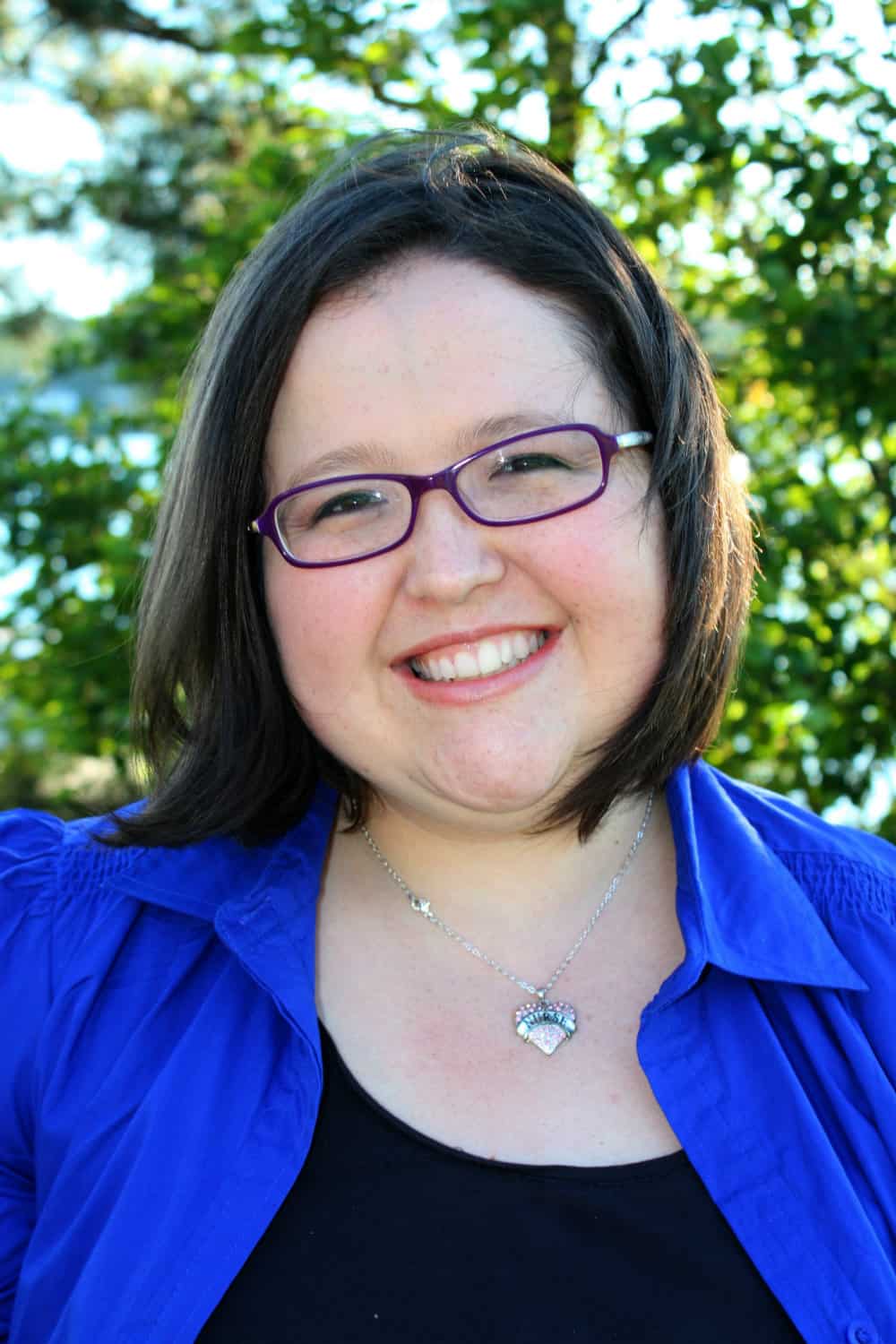23rd International Conference on Global Nursing Education & Research
I am resuming my MSN this fall and there’s a stark difference between my undergrad experience vs my grad school experience. If you’re thinking about continuing your education, but aren’t sure what to expect, here’s a rundown of my first impressions. Note that this is relevant to the school I intend and doesn’t necessarily reflect all MSN or BSN programs.
It’s way less terrifying
I remember sitting through my BSN orientation, hearing all the horror stories from the faculty about how this program was going to take over my life, how I could never wear nail polish again, how I better wear underwear underneath my white scrubs pants (seriously) and how we would be disciplined or even expelled for not adhering to the strict code of conduct.
Fast foward nine years later and I’m sitting in my MSN orientation which is SO MUCH more relaxed. Same school, some of the same professors, and a totally different attitude. While it may seem like BSN programs are touting an “only the strong survive” mentality, at my MSN program it’s more of a “thank you for being here” vibe. The reason? Nursing programs are in dire need of faculty and the nursing profession as a whole is in dire need of leadership…nurse educators, clinical nurse specialists, administrators and researchers. So while they tried to scare the pants off us first semester, they now are welcoming us with open arms and even an open invitation to use the staff kitchen. For real.
Conference brochure: https://nursingeducation.conferenceseries.com/conference-brochure.php
Your professors are your colleagues
Now that we’re all colleagues, there’s none of this “Dr. so and so” business. We are on a first-name basis, y’all. While it may seem like a small thing, it actually goes a long way toward promoting collegiality and a sense of equality. Sure, these men and women are far more educated and experienced, but they are here as your partners in academia. Knowing some of these faculty during my BSN has made it difficult to make the transition to a more casual style of address, but I’m giving it the ol’ college try. So far so good.
They actually try to HELP you succeed
My grad school orientation includes resources for using the library effectively, how to log on and navigate the Canvas LMS, and they’re even bringing in the IT folks to make sure our computers are set up properly and that we have no glitches with any of the technology. With this much hand-holding, I might start to feel a little bit spoiled. Considering that my first semester Med/Surg class was mostly self-taught…I’ll take it.
No exams
Say what? No exams? No NCLEX-style test questions? No staying up until all hours of the night reviewing material in order to regurgitate it the next day? In my MSN program there are no exams…just loads and loads of papers and projects. And since I came from a career as a professional writer, this is the single-most dynamic factor in making my MSN experience much easier than my BSN education. Now if you don’t have a lot of experience with writing or just absolutely dread it, this could be the single-most dynamic factor in making you loathe your MSN experience. Give me the opportunity to take a test vs. write a paper, I’ll take the paper every day of the week.
The program is mostly online
My BSN program required my presence for most lectures, not to mention skills lab and clinical hours. I was at the school ALL THE TIME. My MSN program is a hybrid-style program. My first semester met face-to-face every two weeks, while my current semester meets face-to-face just a few times and it’s mostly all done online. This means I can stay in my jammies and save all that commute time. Win-win!
More flexible
Remember how your BSN program was so rigid you didn’t even register for your own classes? You were on a single trajectory that started with first semester and didn’t veer off course at all until you crossed that stage at graduation. With my MSN program, I can choose to finish in two years, four years or anything in between. I can even take a break if I need to (and I did!).
To learn more please visit https://nursingeducation.conferenceseries.com/
 Brittney Wilson,
Brittney Wilson, 